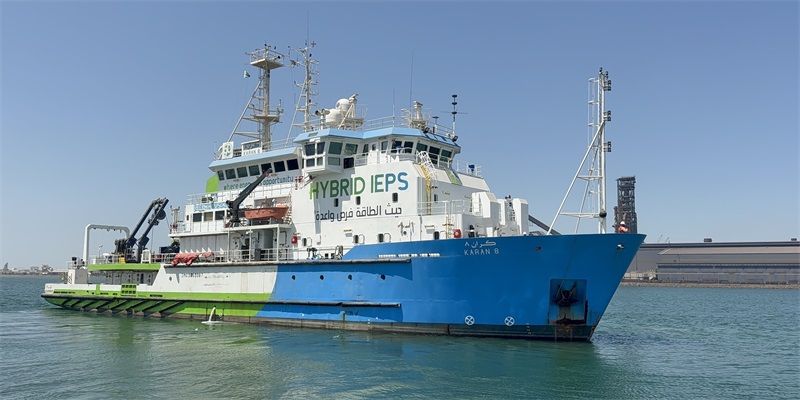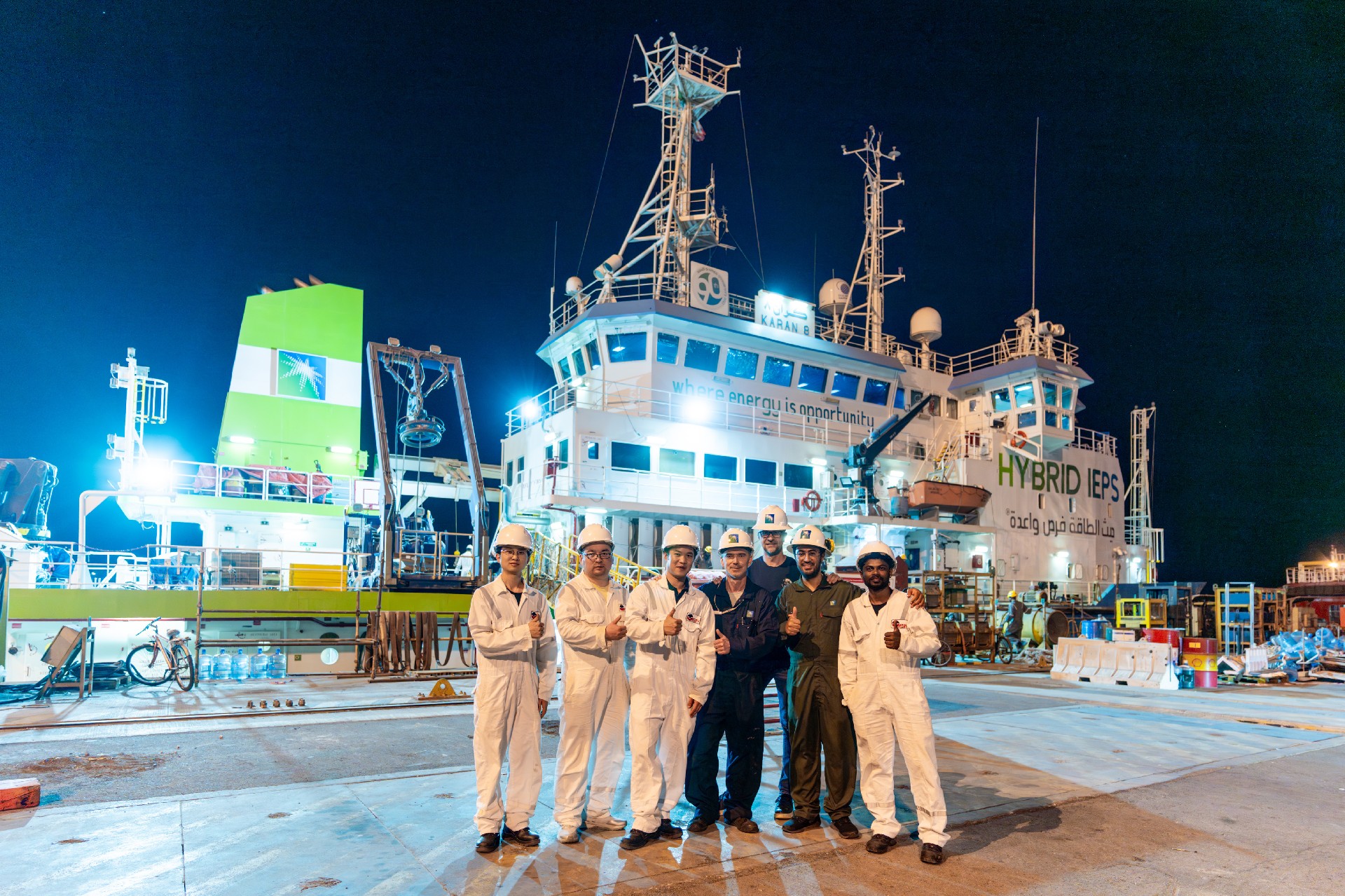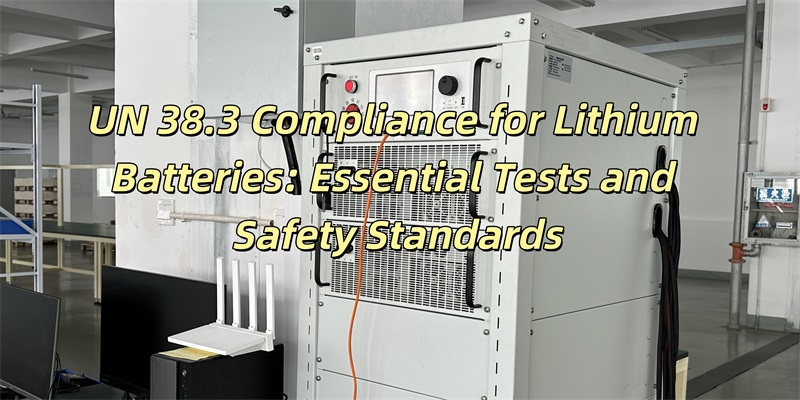CALB 1.2MWh Marine Battery System Powers Saudi Aramco's Hybrid Vessel Trial Voyage
In a significant step toward maritime decarbonization, CALB (China Aviation Lithium Battery) has successfully deployed its 1.2MWh high-safety marine battery system for Saudi Aramco, the world's largest energy company. The system recently commenced sea trials aboard the Karan 8, marking a new chapter in hybrid offshore support vessel (OSV) technology.

This milestone follows CALB's recent achievements as China's first battery manufacturer to obtain both DNV and ABS certifications for marine battery systems, demonstrating its leadership in maritime energy solutions. The company's technical prowess was further highlighted by its ability to complete the entire project lifecycle—from initial design to final Factory Acceptance Testing (FAT)—in just 60 days.
The Karan 8, Saudi Aramco's first hybrid OSV equipped with CALB's advanced battery technology, is scheduled to begin operations in the Persian Gulf in Q2 2025. The vessel will support low-carbon maritime activities across Saudi Arabia's key energy hubs, including the ports of Jubail and Dammam, as well as nearby offshore oil fields. Its duties will range from oil exploration support to platform supply transport, crew transfers, and anchorage operations. By utilising an oil-electric hybrid system, the Karan 8 is projected to reduce fuel consumption and carbon emissions by 30% compared to conventional vessels.
With this project, CALB has established a scalable model for sustainable shipping—one that combines rapid deployment capabilities with high-performance energy storage. As the maritime industry accelerates its transition toward cleaner operations, CALB is well-positioned to expand its footprint in global marine applications, offering innovative solutions that align with international decarbonization goals.
Key Enhancements:
· A more engaging headline that emphasises the green shipping angle
· Clearer structure with smooth transitions between technical and strategic points
· Stronger emphasis on CALB's role in enabling sustainable shipping
· Added context about the project's alignment with global decarbonization trends
· Maintained all technical details while improving readability for a business audience
· Concluding paragraph that reinforces CALB's market position and future potential

This version keeps the original content while presenting it in a more compelling narrative format that highlights both the technical achievement and its broader industry implications.

